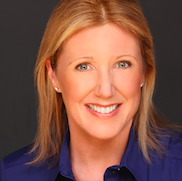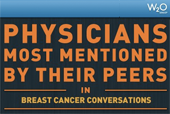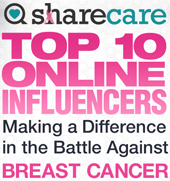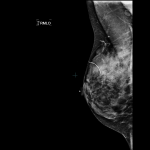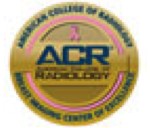Persistent Patient Prevails Against Insurance Company
September 26th, 2011This 49-year-old woman had cancer in her left breast a few years ago, and was treated with a left lumpectomy and radiation therapy. Worried that the cancer would come back and be found too late in her dense breasts, she’d heard about breast MRI in her survivors’ support group, and decided to ask her doctor to send her for one. Her doctor agreed, and gave her a prescription for the test. But her insurance company didn’t approve it, even though her doctor ordered it.
The insurance clerk she spoke with after she was notified of the denial told her she didn’t need to have the MRI…
Read MoreHow Do I Know If I’m High Risk?
September 16th, 2011If any of the following risk factors apply to you, you might be at high risk. Talk to your doctor:
- Do you have a family history of breast cancer (both your mother and your father’s sides count!)? The highest risk is if you have a mother, sister, daughter, father, brother or son with breast cancer. But other relatives– grandparents, aunts, cousins– are important to consider as well.
- Have you had breast cancer yourself in the past? If so, you have 10x the risk of the average woman for developing a new cancer.
- Do you have dense breasts? (“What Breast Density
Don’t Be Shy
September 16th, 2011Breast self-examination (BSE) is one of our key weapons in the arsenal to detect breast cancer as early as possible. It only takes a few minutes a month, yet a woman can potentially save her own life by taking the time to do it. For reasons that have nothing to do with science or common sense, the government panel known as the U.S. Preventive Services Task Force, which did not include even one doctor specializing in breast cancer as a panelist, recommends AGAINST women doing self-examinations. See my take on this HERE.
BSE is especially important if you are younger…
Read More
